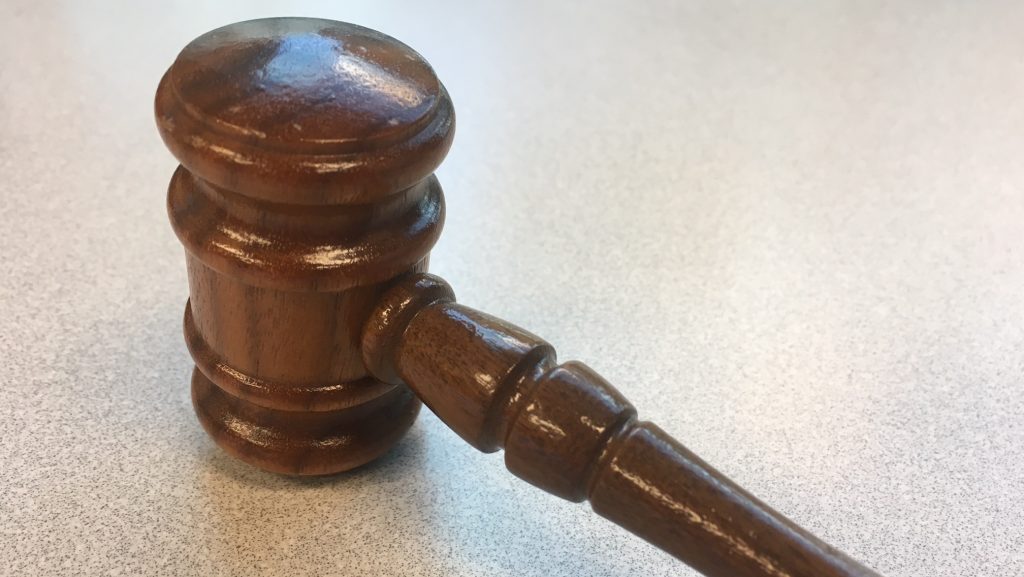Facing racial disparity concerns, Michigan Judicial Tenure Commission to undergo review
The review comes after an association representing the state’s Black judges accused the commission of prosecuting Black judges at a disproportionately higher rate than white judges in the state.

The body that’s responsible for investigating and punishing judicial misconduct in Michigan has agreed to a review of its record of disciplining judges after a request from an association representing the state’s Black judges.
In a March 2023 letter to the Michigan Supreme Court, the Association of Black Judges of Michigan said that the Michigan Judicial Tenure Commission has “over the past 15 to 20 years prosecuted Black judges at a disproportionately higher rate than White Judges.” According to the association’s data, the percentage of Black judges in Michigan has remained around 16% during that time, but Black judges represent the majority of those the Commission has charged with misconduct — a disparity that’s grown substantially since 2020, the group said.
The letter went on to say that “given the alarming rate at which the commission has sought to remove Black judges from the bench via formal charges, ABJM would like empirical data that proves there is no racial bias at the commission.” The group proposed the best way to do that would be to undertake “an independent audit of all files handled by the Commission” since 2017.
“We respectfully ask that you look into this matter to determine how the figures can be justified, absent a conclusion of racial prejudice,” the letter concluded.
In response, nearly a year later the commission has announced that it’s retained the National Center for State Courts “to review the commission’s investigation dispositions for the years 2008-2022 for evidence of racial disparity in outcomes.” That process began Monday, the commission’s Executive Director Lynn Helland said in a statement, and should wrap up by December.
“While consistent with the Supreme Court’s drive for transparency in the Judiciary, this effort responds to the request made by the Association of Black Judges of Michigan and other groups,” state court administrator Tom Boyd said in a statement. “The Supreme Court facilitated this inquiry through an order allowing the Judicial Tenure Commission to share the files necessary to conduct the analysis. The overarching goal is to make sure our judicial system is fair and treats everyone — whether a litigant or a judge — equally.”
Judicial Tenure Commission complaints and investigations are generally confidential, unless the commission issues a public complaint against a judge. Such public complaints are rare — in 2022, for example, the Commission filed three such complaints, while two prior complaints remained unresolved, according to an annual report. Multiple other judges were found to have committed some form of judicial misconduct that year, but the commission chose to handle those instances privately. The vast majority of grievances filed with the commission are found to be “without merit.”
The Association of Black Judges of Michigan did not respond to a Michigan Public email requesting comment on the start of the National Center for State Courts review, and whether it fully addressed the group’s concerns. The ACLU of Michigan, the Black Women Lawyers of Michigan, and the Detroit branch of the NAACP also joined their call for an audit, as did Gov. Gretchen Whitmer in a June 2023 letter.
Trusted, accurate, up-to-date.
WDET strives to make our journalism accessible to everyone. As a public media institution, we maintain our journalistic integrity through independent support from readers like you. If you value WDET as your source of news, music and conversation, please make a gift today.
